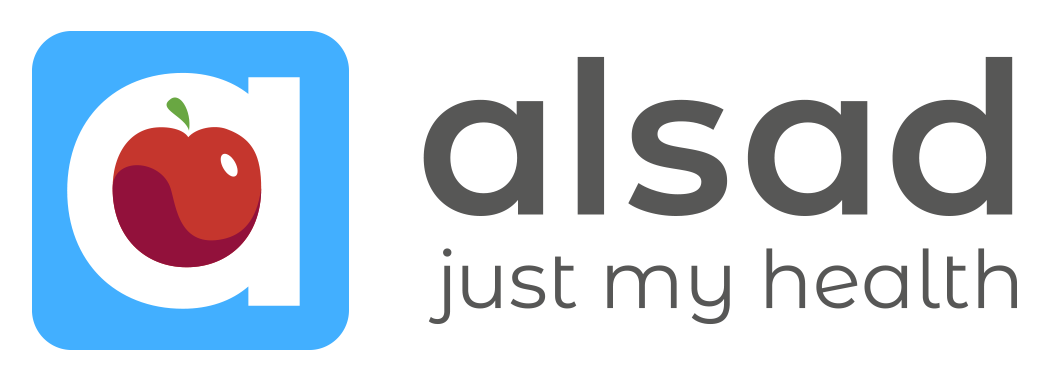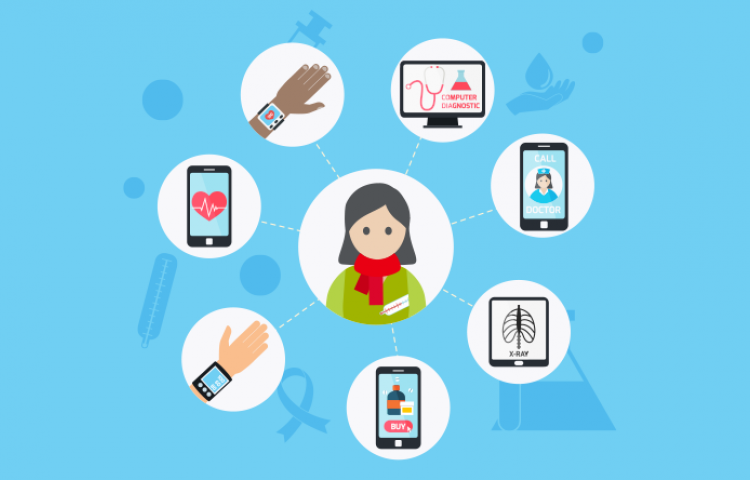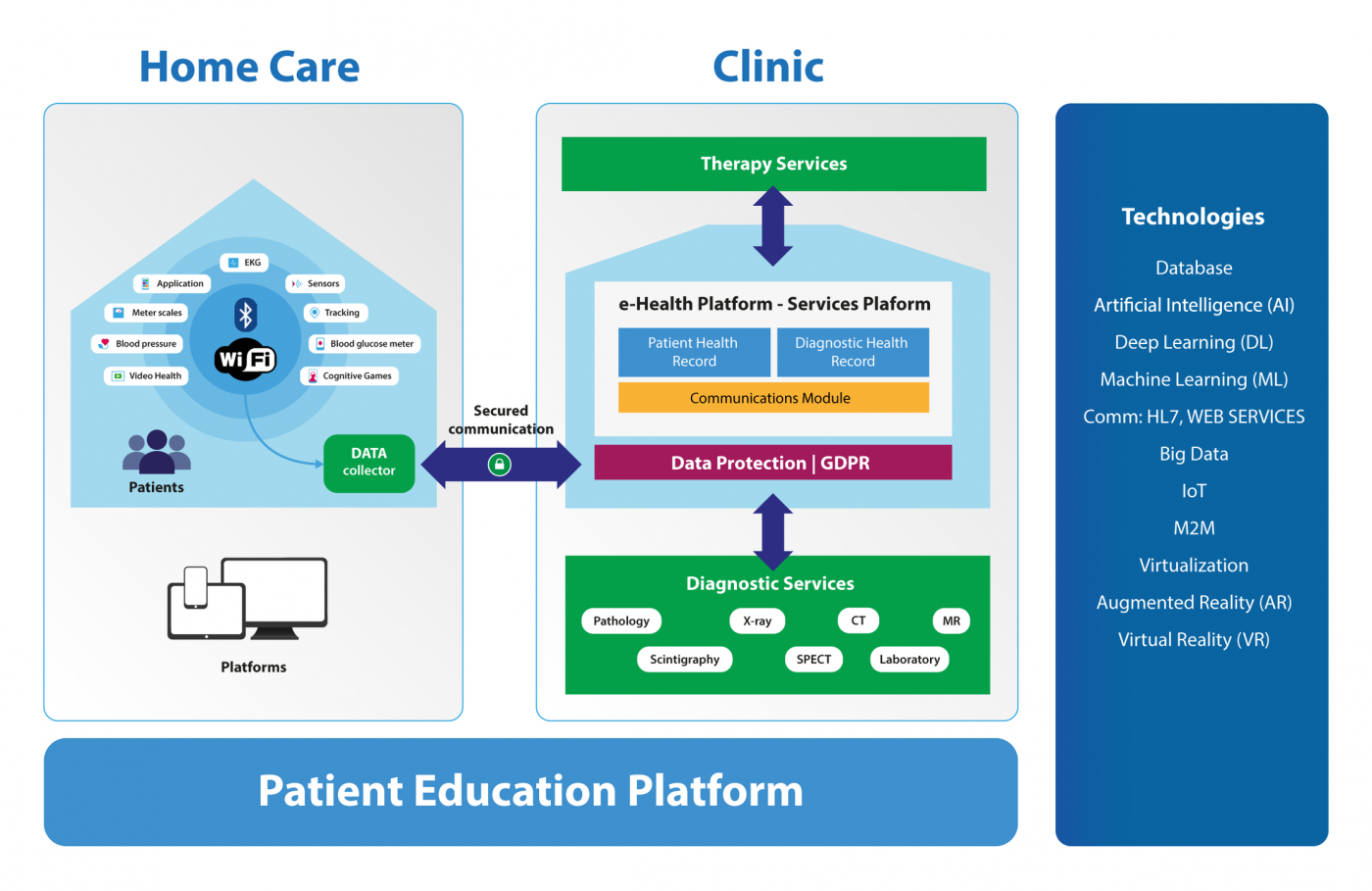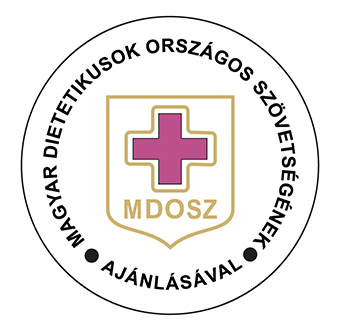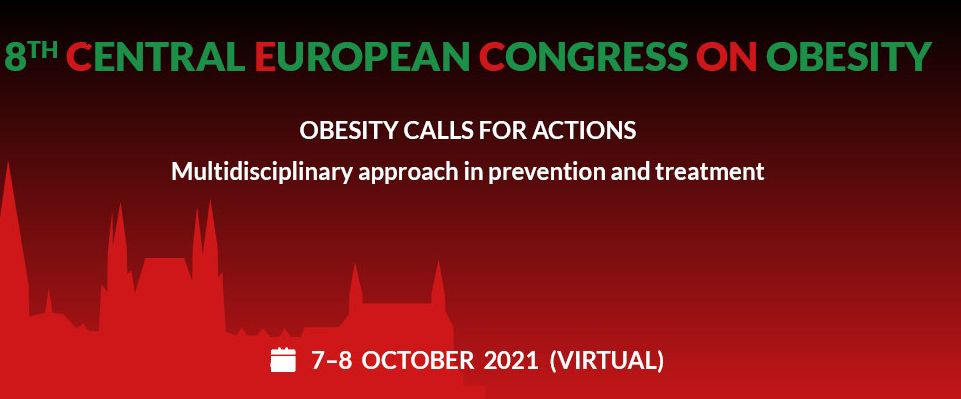How can IT tools improve patient education?
IT tools give patients unprecedented control over their health, plain and simple. Online tools have made the process of learning, understanding and managing health conditions easier than ever before. Furthermore, IT tools allow patients to collect vital information that can be potentially sent to hospitals and clinics to help streamline treatment options.
IT tools for home care
There is an incredible number of IT tools available for just about anyone to use. Patients simply require a mobile device and an internet connection to gain access to tools that number in the tens of thousands if not more.
One example of such tools is cognitive games that essentially transform patient education into a fun learning experience. Some games motivate users by offering in-game rewards thus encouraging patients to continue playing.
There are also tools that allow users to track carb intake, or to track the number of steps they’ve taken within a given day. Online platforms such as YouTube and Google provide an outlet for patients to turn to if they wish to do research on a particular condition they may be suffering from.
With the right tools patients can also check their blood pressure and heart rate right from the comfort of their homes. Let’s not forget about the thousands of medical inspired apps available to anyone with a mobile device.
IT tools for clinical care
IT tools aren’t just for patient use. They’re also used to improve processes and services offered by health clinics and hospitals. A quick glance at patient and diagnostic health records will typically reveal everything a doctor needs to know to prescribe treatment to a patient.
With the ability to access a patient’s records before an appointment, services such as X-rays, CT scans, and laboratory work can be prepared before a patient arrives thus improving their overall experience.
How can we use personal data to improve health care?
Patient education is an essential aspect of healthcare. However, this can be taken one step further by utilizing the information collected by IT tools and using that data to improve the services offered by medical facilities.
The data collected by apps and trackers can be sent from patient devices (such as mobile phones and tablets) to healthcare providers who in turn can use that data to improve patient experience.
The future of IT tools and healthcare
IT tools in healthcare are improving every day. With the advent of artificial intelligence (AI), deep learning (DL), machine learning (ML), virtualization, augmented reality (AR), and much more IT tools have truly changed the way patients’ intake essential medical information.
With such advanced tools at their fingertips patients are able to take their health into their own hands (literally) which in turn creates a unique opportunity – if apps and other IT tools were to somehow integrate with healthcare systems a unique service could be provided where a patient’s medical provider can receive and log essential medical information which could be used to improve diagnostic services such as laboratory work, x-rays and much more.
The healthcare industry has proven its willingness to embrace new and innovative IT tools to provide a better experience for patients. It won’t be surprising if patients begin to play a greater role in their own health in the coming years.
